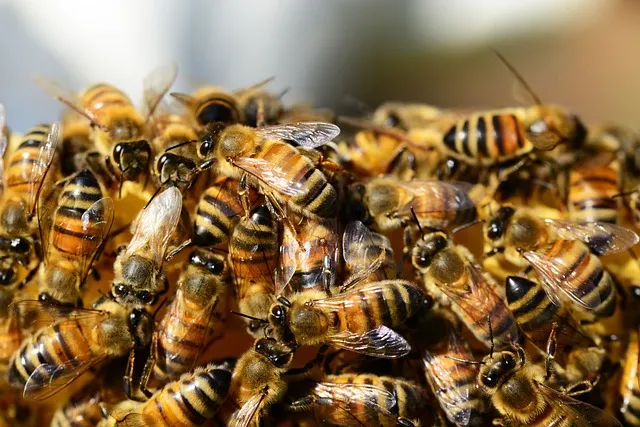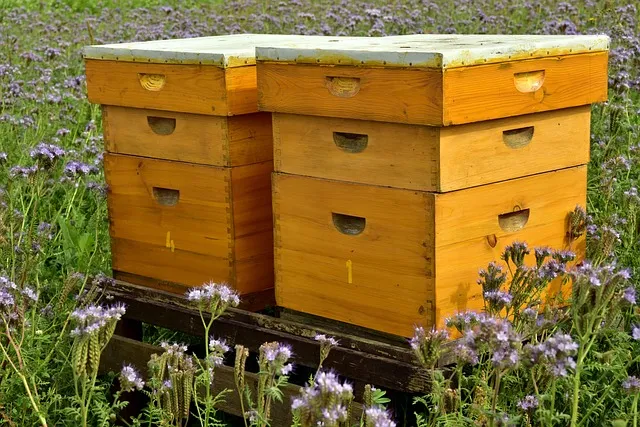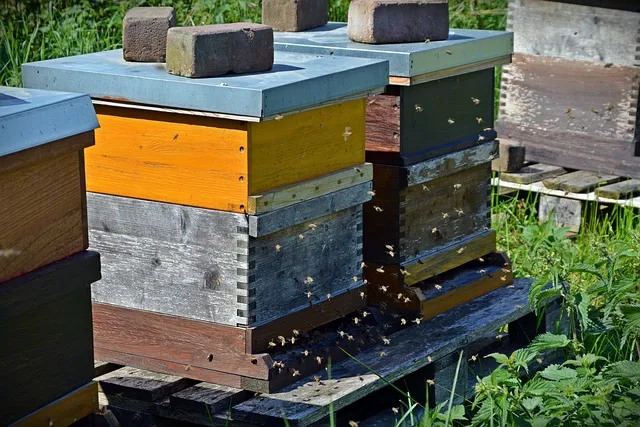How many hours a week does beekeeping take?
As an aspiring beekeeper, you wonder how much time investment will take. Like any other hobby or venture, beekeeping requires a time commitment to succeed. Compared to other hobbies, it requires less time commitment. You also have a legal obligation to maintain the colonies in a way that they are not a nuisance to the people.
Similar Articles you may like to read –
How can I start my own bee colony?
How many acres do you need for beekeeping?
What is the best month to start beekeeping?
Do you need a Licence to keep bees?
How many hours a week does beekeeping take?
Your first year may take a bit of your time as you do your research, attend local beekeeping meetings, order equipment, and install the bee packages. While bees are self-sufficient, you can also invest quality time with them as a beekeeper. This does not necessarily mean opening the hive up. After installing the beehives, you can settle to carry out an inspection once per week. For a beginner, this can take between 30 minutes to 1 hour. An experienced beekeeper can take as little as 15 minutes. This also will depend on how thorough you want to be in your inspections. The more hives you have, the more time you will require in beekeeping. It is also good to note that this is a seasonal hobby. Some seasons are busier than others. There is much to be done in warm months and minimal inspections in winter. Honey harvesting and extraction require more time, depending on the surplus honey the bees collect.
What are the tasks that l should do to maintain the colonies?
There is a need to help your bee colonies to survive. Diseases and pests have become a real challenge among these buzzing creatures. Diminishing foraging areas has also become a threat; leaving them alone can starve them to death. In spring, after installing your packages or nucs, you will need to feed them with sugar water until they are established. Routine inspections are also necessary to ensure the queen is performing optimally and has no signs of diseases and pests. In summer, you must ensure the colony has ample space to avert swarming and keep an eye on the capped honey ready for harvesting. In the fall, you will require to start prepping your colony for winter. The bees may require supplemental feeding if they don’t have enough food reserves.
Can beekeeping be a full-time job?
Yes, beekeeping can be a full-time job, just like any other business. This requires many bee colonies and diverse ways of making a profit. There are diverse bee products that you can sell at a good profit margin. Some beekeepers turn their colonies to offering pollination services. Others turn to rearing and selling bees. Most beekeepers start with a few hives and scale up after learning the art of beekeeping.
More articles you may like to read –
Basic Supplies For Beekeeping beginners | Beekeeping Equipment
How to Start Natural Beekeeping? Step By Step Guide
How much do honey bees cost? Where can I get Honey bees? Things to consider
Is beekeeping expensive to start? / cost to start beekeeping
What Day-To-Day Tasks Can I Expect To Do As A Beekeeper?
Spring
In spring, beekeepers are busy with tasks such as inspecting hives for signs of swarming, feeding bees if necessary, and adding supers as colonies grow. They may also need to monitor for pests and diseases, provide supplemental feeding if food sources are scarce, and perform hive maintenance such as cleaning and repairing equipment.
Summer
During summer, beekeepers focus on hive management tasks like monitoring honey production, inspecting for pests and diseases, and ensuring bees have enough water. They may also need to add honey supers, conduct queen checks, and manage swarm prevention techniques.
Fall
In fall, beekeepers prepare hives for winter by reducing hive entrances, treating for pests and diseases, and ensuring bees have enough food stores. They may also harvest honey, extract and process honey, and insulate hives for colder weather.
Winter
Winter tasks for beekeepers include monitoring hive weight, providing emergency feeding if necessary, and performing hive maintenance such as repairing equipment and painting hives. They may also use this time for education and planning for the upcoming beekeeping season.
What do you require to know about bees before you embark on the hobby?
You will require to understand how a bee colony operates, the various castes, and their roles. You will also need to learn the basics of proper terminology, how to manage the colonies in various seasons, and the equipment required. Taking a beekeeping course from experienced individuals or organizations will prepare you for the venture. Again, seek to join a beekeeping club in your area to connect with other beekeepers.




